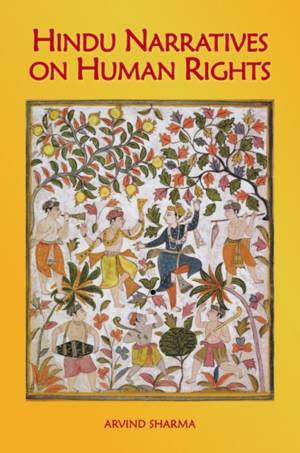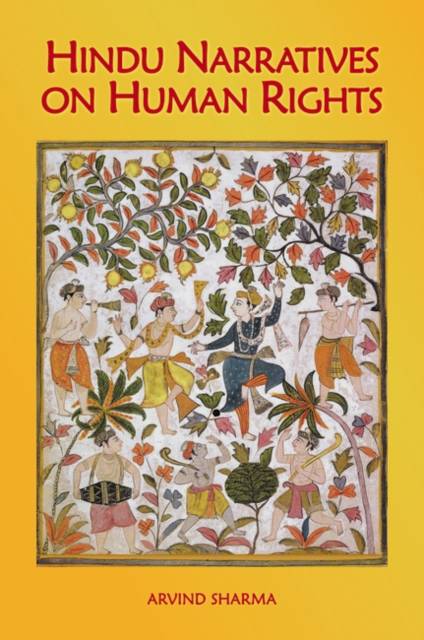
- Retrait gratuit dans votre magasin Club
- 7.000.000 titres dans notre catalogue
- Payer en toute sécurité
- Toujours un magasin près de chez vous
- Retrait gratuit dans votre magasin Club
- 7.000.0000 titres dans notre catalogue
- Payer en toute sécurité
- Toujours un magasin près de chez vous
Description
This pioneering work examines the existing understanding of Hinduism in relation to human rights discourse.
Written by a leading Hindu scholar, Hindu Narratives on Human Rights is organized around specific rights, such as the right to own property, the rights of children, women's rights, and animal rights. Within these categories and in light of the questions they raise, the book provides a guided tour of Hindu narratives on ethics, ranging from the famous religious epics, the Mahabharata and the Ramayana, to various forms of secular literature drawn from almost a thousand years of Indic civilization. The realization that Hindu ethical discourse is narrative rather than propositional is a relatively recent one. Hence, the prevailing tendency in the West has been to overlook it in the context of the discussion of human rights. This book was written to correct that oversight. It shows that the presence of the universal in the particular in Hindu stories is a key to understanding Hindu thinking about human rights--and it indicates ways in which Hindu ethical discourse can interact creatively with modern human rights discourse.Spécifications
Parties prenantes
- Auteur(s) :
- Editeur:
Contenu
- Nombre de pages :
- 180
- Langue:
- Anglais
Caractéristiques
- EAN:
- 9780313381614
- Date de parution :
- 01-12-09
- Format:
- Livre relié
- Format numérique:
- Genaaid
- Dimensions :
- 155 mm x 236 mm
- Poids :
- 430 g

Les avis
Nous publions uniquement les avis qui respectent les conditions requises. Consultez nos conditions pour les avis.






